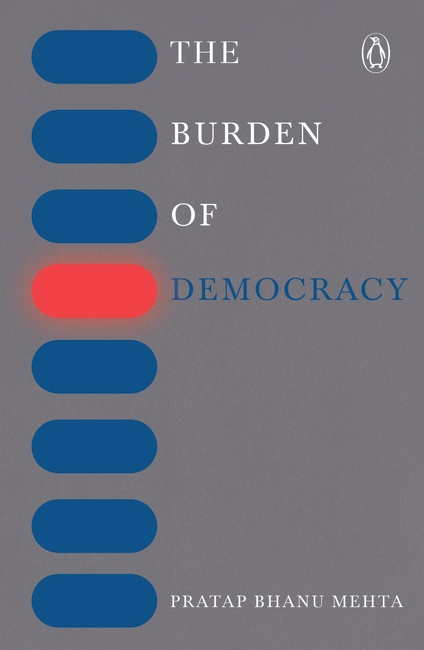
After nearly seven decades of its existence, there is a pervasive feeling that India’s democracy is in crisis. But what is the nature of this threat? In this essay, republished now with a new foreword from the author, Pratap Bhanu Mehtareminds us what a bold experiment bringing democracy to a largely illiterate and unpropertied India was. He argues that the sphere of politics has truly created opportunities for people to participate in society. Looking at various facts, he also finds that persistent social inequality on the one hand and a mistaken view of the state’s proper function and organization on the other have modified and hindered the workings of democracy and its effects in innumerable ways. Posting the quest for self-respect as democracy’s deepest aspiration, this essay explores how inequality and the crisis of accountability have together impeded collective action to achieve such an end. To recover this sense of moral well-being and responsibility, Mehta suggests, is the core of the democratic challenge before us.
Optimistic, lively and closely argued, The Burden of Democracy offers a new ideological imagination that throws light on our discontents. By returning to the basics of democracy it serves to illuminate our predicament, even while perceiving the broad contours for change.
Imprint: India Penguin
Published: Nov/2017
ISBN: 9780143441038
Length : 192 Pages
MRP : ₹199.00
The Constitution of India came into effect on 26th January, 1950. As we celebrate India’s 72nd Republic Day, let’s dig deeper to understand the journey till this day in 1950, and our journey since then. Here is a list of books from various authors, including Abhinav Chandrachud, Ramachandra Guha, Khushwant Singh, Sagarika Ghosh, K.R. Narayanan […]
